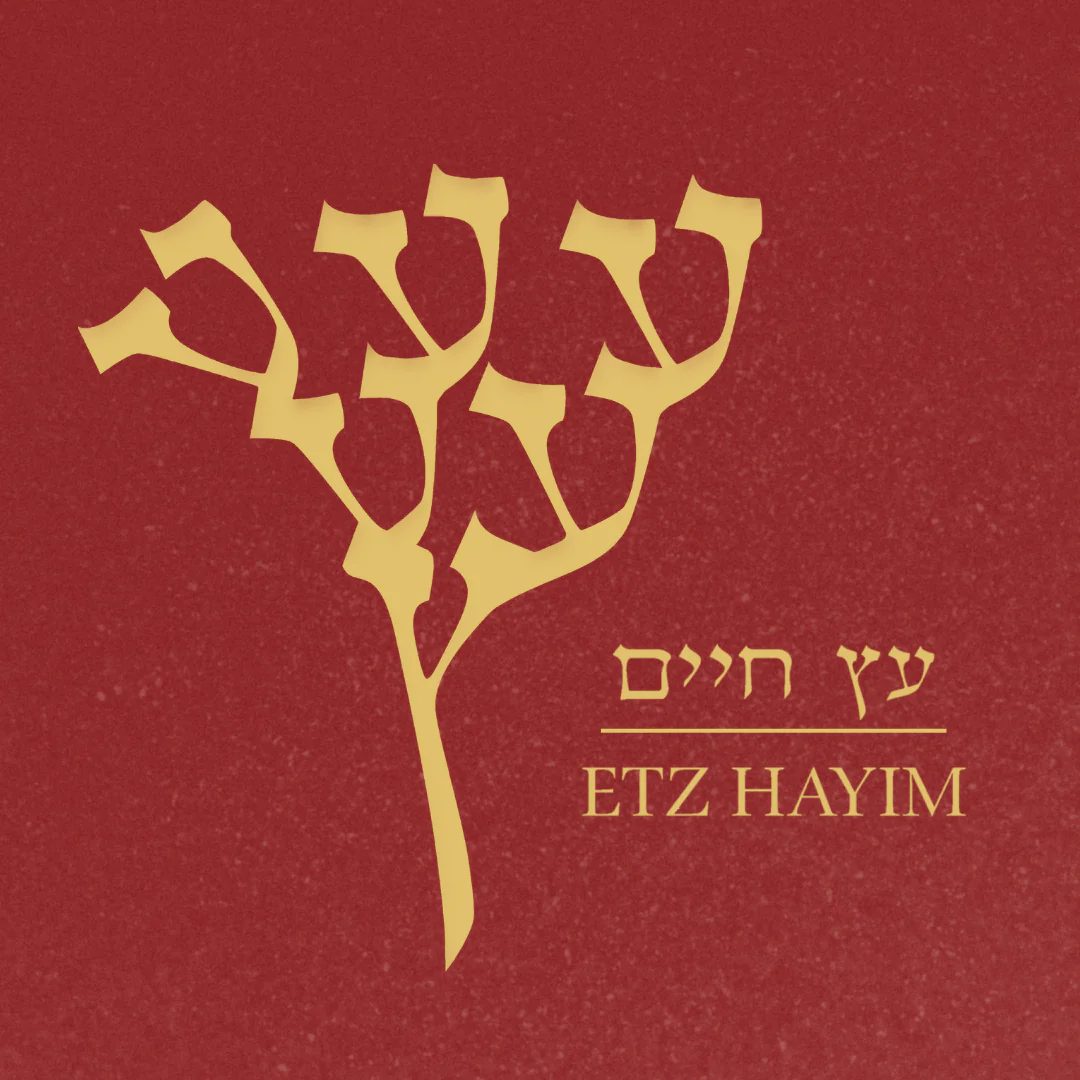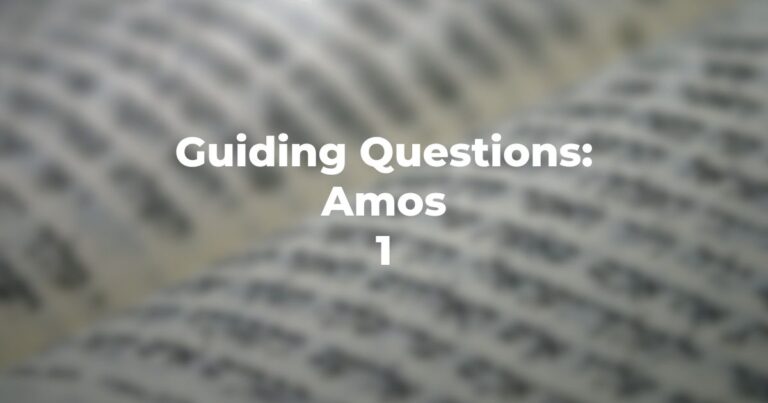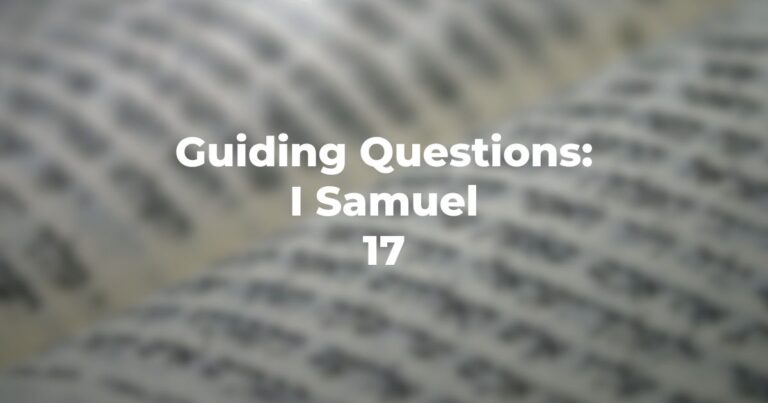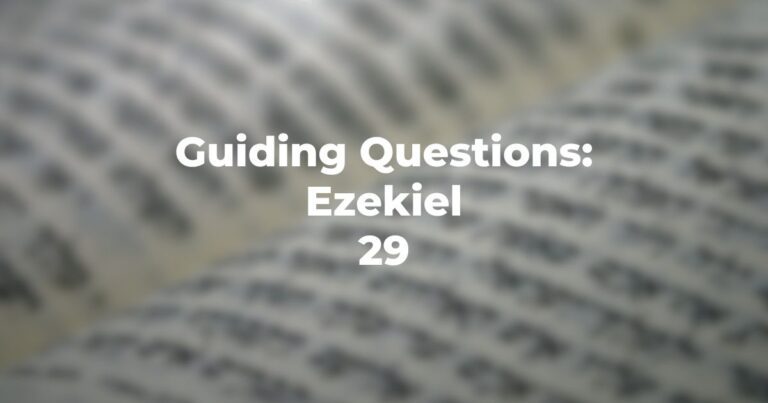Obadiah 1:1-21
The entire brief book of Obadiah is the haftarah. The prophecy is a message of judgment and Promise.
The judgment focuses on the nation of Edom, whose downfall is proclaimed for their treachery against their “brother Israel” during the siege and destruction of the First Temple. Because Edom participated in the plunder, they shall be plundered in turn (Obadiah 1:15). Given these allusions, most modern scholars concur that the work was written sometime after the fall of Jerusalem in 587-586 ʙ.ᴄ.ᴇ.
The theme of promise is addressed to Israel (the House of Jacob). On the day of doom, they “shall wreak judgment on Mount Esau” (Obadiah 1:21), inheriting its lands as part of a national resettlement in the promised land. The renewal of the ancient rivalry between Esau/Edom and Jacob/Israel will again result in the loss of the elder brother’s patrimony.
Relation to the Haftarah to the Parashah
The narrative in the parashah and the prophecy in the haftarah stand at two opposite points in the historical spectrum of relations between Jacob (Israel) and Esau (Edom). The TorahRefers to the first five books of the Hebrew Bible, the Tanakh, also called the Five Books of Moses, Pentateuch or the Hebrew equivalent, Humash. This is also called the Written Torah. The term may also refer to teachings that expound on Jewish tradition. Read more narrative continues the account of the brothers’ relationship that began with embryonic and natal strife and assumed consequential proportions when Jacob deceived his father, Isaac, to obtain the blessing of the firstborn.
As a result of the enmity engendered, Jacob fled to Paddan-aram where he married Leah and Rachel, assembled great wealth, and eventually made plans to return to his homeland at the divine behest. The parashah opens with Jacob sending messengers to Esau to placate his twin who is marching toward him with an army.
Unexpectedly, Esau receives his brother with a noble and generous spirit. The brothers separate in peace, each to his own land. National conflicts between their descendants lie in the distant future.
The haftarah takes us to the end of the biblical period, after Judah was exiled from its homeland and Edom participated in the downfall of the nation (Psalms 137:7). The prophet indicts the elder “brother” for duplicity and arraigns him on charges of passive and active deceit.
The roles of deceiver-deceived are now reversed, with fatal consequences for Edom. Obadiah predicts Edom’s destruction and dispossession. As a triumphant nation, Israel will consume Edom and resettle its homeland. What is more, this destruction is part of a scenario at “the end of days,” that will result in the restoration of God’s dominion over all.
It is not clear if the prophet saw Israelite restoration in world historical terms or as a case of national liberation. His rabbinic heirs clearly regarded the defeat of Edom as the end of historical tyranny and the onset of God’s universal kingship. This is because Edom had become a standard name for the hated Roman Empire.
As a result, the prophecy of Obadiah fostered hopes for an end to this brutal domination and a restoration of national religious service. In due course, when Christendom assumed the mantle and the might of Rome, the name Edom received a new identity.
The encounter between Jacob and Esau marked by the parashah was dramatized in political terms through exemplifying Edom as imperial or medieval Rome and in religious terms through exemplifying Edom as the civil cult of Rome or as Christianity. For all postbiblical readers, Obadiah’s prophecy of liberators ascending Mount Zion to destroy Edom, and the anticipation of God’s dominion, was crucial.
It was the consolation preached by ancient Sages and recited by synagogue poets. Exemplary in this regard is the thematic centrality of Obadiah 1:21 in Jewish liturgy, because it serves as one of the climactic verses in part of the Rosh ha-Shanah Musaf service (known as Malkhuyot), celebrating and proclaiming God’s future kingdom or dominion.
The verse also has a climactic presence in the daily morning liturgy, where it occurs at the conclusion of P’sukei d’Zimra (an opening selection of biblical psalms and hymns before the call to worship [Bar’khu]). In both contexts, Obadiah 1:21 is cited along with the prophecy of divine dominion in Zechariah 14:9 (“And the Lord shall be king over all the earth; in that day there shall be one Lord with one name.”)
Author
-

Etz Hayim represents the Conservative / Masorti Movement’s reverence for tradition, profound commitment to scholarship and the unique understanding that both are essential to Jewish life. Published in 2001 in conjunction with the United Synagogue of Conservative Judaism, Etz Hayim is the most celebrated contemporary humashA collection of the Five Books of Moses, Pentateuch, or the Hebrew equivalent. Includes the haftarot readings, and usually contains some commentary. It is often used on Shabbat mornings to help follow the Torah reading. Read more. It features the renowned 1985 JPS translation, as well as an authoritative Hebrew text based on the Masoretic tradition. In the same year it was published, Etz Hayim: Torah & Commentary won a National Jewish Book Award for Non-Fiction.
View all posts






